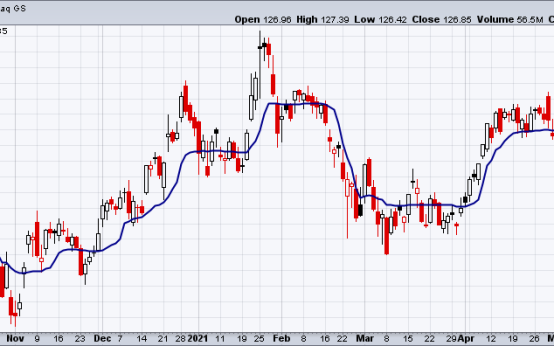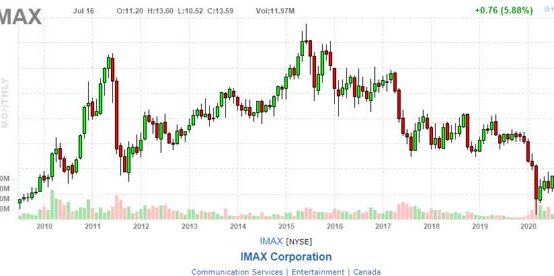The FSB reportedly intervened to demand the cancellation of the contract between US firm OneWeb and state corporation Roscosmos to launch a constellation of internet-connectivity satellites.
But the space agency‘s chief executive, former deputy prime minister Dimitry Rogozin, has been bullish about the project according to Russian news agency Interfax.
In a press conference on Monday, Mr Rogozin said he had sent Roscosmos‘ opinion on the intervention to the government, stressing the contract was “extremely important” and hadn‘t been cancelled.
The contract involves launching 21 Soyuz rockets over 2019 and 2020 as part of a project by OneWeb to launch a constellation of satellites which would offer global broadband coverage.
According to the Russian newspaper Kommersant, the FSB intervened in the project over fears satellite internet access in Russia would allow people to route around the agency‘s internet monitoring abilities.
Image: A promotional image for OneWeb’s satellite constellation
The FSB is the successor organisation to the KGB and is headquartered in the same building at Lubyanka Square in Moscow.
Vladimir Putin was made the agency‘s director a year before he became the country‘s premier.
Its duties include conducting counter-espionage in Russia and Kommersant cited sources who claimed security officials feared that OneWeb‘s satellites could be used to spy on military locations.
According to Kommersant, an FSB representative stated there was no guarantee the “system is not of intelligence nature and will not be able to harm the interests of the individual and society of the Russian Federation”.
Neither the FSB nor Roscosmos commented on the matter when ed by Sky News.
OneWeb, which was founded by American internet communications entrepreneur and former Google executive Greg Wyler, also declined to comment.
Kommersant reported that a final decision will be made on the launches before the end of 2018.
Image: The FSB reportedly intervened in a $1bn Roscosmos contract
Whether the company could find a new launch partner if the FSB succeeds in demanding the cancellation is unclear.
Elon Musk‘s SpaceX may potentially provide the launch capacity, but SpaceX is currently developing its own rival satellite constellation.
Other constellation projects are being developed by companies such as Kepler, Telesat, and Leosat, and industry sources told Sky News they believed all of these services were generally capable of complying with jurisdictional requirements in Russia.
The loss of the estimated $1bn contract would be a significant blow for Roscosmos, which has faced consistent funding issues in recent years.
The recent transporting astronauts to the International Space Station has also posed risks to its income, although NASA stated it would not be cancelling its contracts.
Image: Former deputy prime minister Dmitry Rogozin (R) now heads Roscosmos
Professor Mark Galeotti, an expert on Russian security affairs, told Sky News: “It‘s an interesting story that additionally implies the FSB doesn‘t realise that OneWeb could also use ground stations outside Russia to provide service across the country.
“This may be driven by ignorance – after all, the FSB is very exercised about the question of internet control – but also potentially politics.
“Roscosmos is pretty vulnerable at present given a string of corruption cases and the recent Soyuz accident, and it, or its new director general, former deputy prime minister Dmitry Rogozin, might be the target.
“But an additional possibility is that this is also a clumsy case of the ‘counter-sanction syndrome‘ of simply wanting to deny a US company something, however self-harming it may be.”
Although the FSB‘s reported concerns have not accompanied by a written risk assessment, OneWeb‘s satellites are being manufactured in the US – which may have prompted supply-chain concerns for the FSB.
Supply-chain concerns regarding business processes based in Russia have been raised in the US by the Department for Homeland Security, recently prompting cyber security company Kaspersky Lab to to Zurich in Switzerland.
 Kaufman Adaptive Moving Average Trending Up for Federal Signal Corp (FSS)
Kaufman Adaptive Moving Average Trending Up for Federal Signal Corp (FSS)  Checking on the Valuation For Shares of Zymeworks Inc. (TSX:ZYME), Talend S.A. (NasdaqGM:TLND)
Checking on the Valuation For Shares of Zymeworks Inc. (TSX:ZYME), Talend S.A. (NasdaqGM:TLND)  Consensus EPS Watch for Royal Caribbean Cruises Ltd. (NYSE:RCL)
Consensus EPS Watch for Royal Caribbean Cruises Ltd. (NYSE:RCL)  Estimates in Focus for Shares of Royal Caribbean Cruises Ltd. (NYSE:RCL)
Estimates in Focus for Shares of Royal Caribbean Cruises Ltd. (NYSE:RCL)  Caribbean Holdings International Corp (CBBI): Watching the Stochastic RSI on This Stock
Caribbean Holdings International Corp (CBBI): Watching the Stochastic RSI on This Stock  Signal Update on Shares of Imax Corp (IMAX): Weighted Alpha Hits -3.90
Signal Update on Shares of Imax Corp (IMAX): Weighted Alpha Hits -3.90